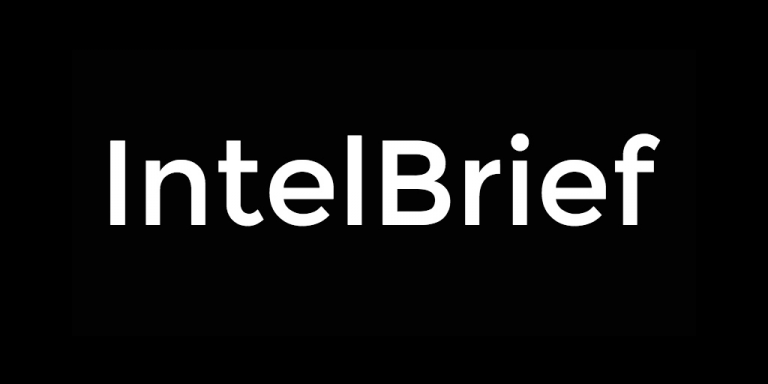INTELBRIEF
September 1, 2017
TSC IntelBrief: Germany and the New West

• With the retrenchment of the U.S. away from internationalism, Germany is in a position to assume a more direct leadership role on geopolitical issues.
• On September 24, Germany will hold federal elections that will decide the fate of Chancellor Angela Merkel and test the country’s willingness to exercise a greater leadership role among Western countries.
• While opposition parties in Germany criticize Merkel for being too aligned with the U.S., she has taken a hard line against Russia’s disinformation campaigns and has shown strong support for refugees.
• With its preference for multilateral approaches to global & regional issues, Germany will likely continue to assume a role that the U.S. administration regards with disdain.
As the U.S. continues to pull away from multilateralism and its post-World War II role as a global leader, European powers are moving ahead with their own vision of how to best confront global challenges. As the U.S. steps aside, Germany is stepping up to provide clear and consistent leadership of multilateral efforts to tackle complex global issues. More so than any other country—especially as U.S. leadership and credibility continue to wane—Germany is best positioned, and perhaps most inclined, to assume the role of the West’s primary champion of liberal democracy. It has long been the economic powerhouse of Europe, and has been a leading advocate for the concept and principles of the European Union (EU) and the United Nations—two constructs that the current U.S. administration holds in low regard—even as Russia and other revisionist powers seek to undermine them.
On September 24, Germany will hold federal elections that will decide the fate of Chancellor Angela Merkel and test the country’s willingness to exercise a greater leadership role among Western countries. In the face of growing nationalistic headwinds, Merkel has seen her popularity at home weaken somewhat in the last year, particularly over the issue of refugees. She has been perhaps the strongest voice on the moral imperative of welcoming more refugees, and sought to achieve a collective EU solution to the unprecedented migration crises. The issue has been seized upon in Germany, as well as in the U.S. and other countries, as a winning political tool by political figures and parties ranging from the moderate-right to the extreme-right. Even with the substantial turmoil in German politics, it is predicted that Merkel’s Christian Democratic Union (CDU) party will remain the strongest, along with its sister party, Christian Social Union (CSU).
The current government is a coalition of CDU/CSU and the Social Democrats (SPD), a somewhat uneasy alliance of necessity that may continue after the elections, depending on the results. The SPD is opposed to what it sees as a Germany that is too willing to increase military spending; such an increase is a requisite step to Germany taking a greater leadership role among Western countries, especially in terms of collective security. In late August, the SPD candidate for chancellor, Martin Schulz, stated ‘We are in a Cold War 2.0…Right in the middle. We face a new phase of nuclear armament in East and West.’ Foreign Minister Sigmar Gabriel, a member of the SPD, agreed with this characterization, saying he felt Merkel was following the U.S. down a dangerous path of increased military spending and militarization.
Ironically, the charge that Merkel is too closely aligned with the U.S. is in fact an extremely narrow criticism, given how different her approach to nearly all international issues has been from that of the Trump administration. Germany has also been at the forefront of speaking out against Russia’s anti-western disinformation campaigns, which Moscow has waged both in the U.S. and across the EU. There is a growing recognition among both sides of Germany’s political spectrum that the country is caught between a resurgent, aggressive Russia, and a U.S. administration whose haphazard approach to foreign policy has caused unprecedented damage to U.S. credibility. The question facing average Germans going into the elections in September is this: in what ways, and to what degree, are they willing to shoulder the burden of greater responsibility for global leadership in a time of growing uncertainty? Regardless of the outcome of the elections, there will likely be worsening drift between the U.S. and German governments as the Trump administration continues to emphasize a unilateral and transactional approach to international issues that defy unilateral solutions.
.
.
.
For tailored research and analysis, please contact: info@thesoufancenter.org
.